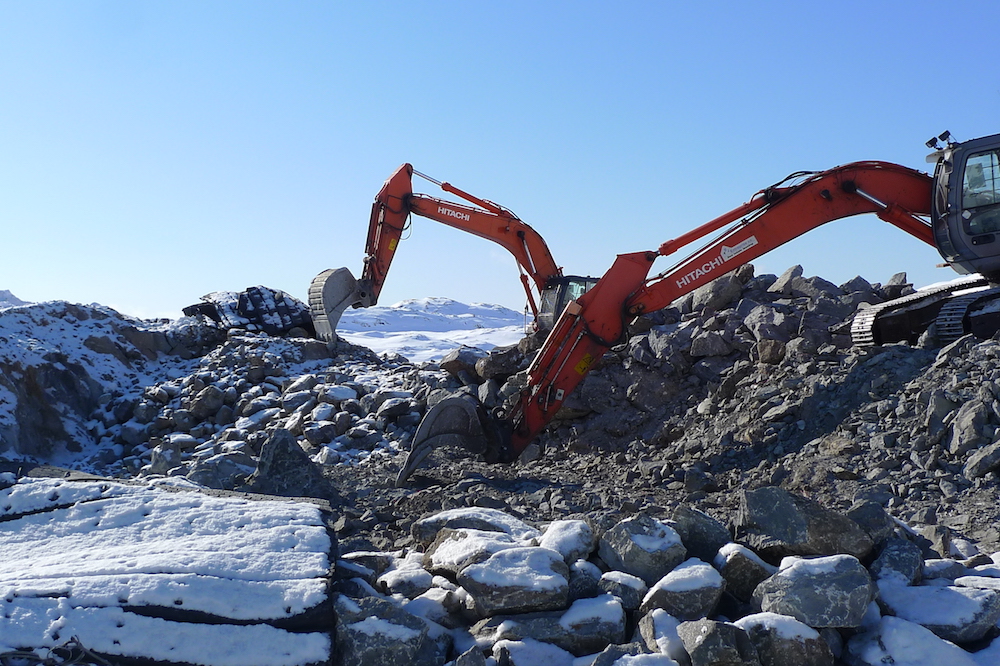Greenland is well-placed to weather COVID-19’s economic storm, economists say
“Greenland is a good place to be, economically and otherwise, when a global crisis unfolds.”

The fallout from the coronavirus will send Greenland into economic decline for at least a year, potentially shrinking output by as much as 7.5 percent, the government’s panel of independent advisors predicts. A quicker return to pre-lockdown economic activity would see losses halved, but that would still put the country well off the 3.8 percent growth rate Økonomisk Råd had been predicting for 2020.
“The corona crisis is going to have major consequences,” Økonomisk Råd wrote in a policy brief looking at the economic effects of the Greenlandic response to the virus.
Although Økonomisk Råd has praised Naalakkersuisut, the elected government, for taking appropriate and timely steps to head off a potential healthcare crisis caused by COVID-19, it noted that the effectiveness of the lockdown — to date all 11 people infected with the virus in Greenland have been declared healthy — makes it unlikely the population will develop collective immunity and the threat of a new outbreak will persist until the virus is brought under control worldwide.
This, in effect, makes the short-term fortunes of the country’s 450 million kroner a year tourism industry a hostage of other countries’ ability to eliminate the virus, the council warned.
[Greenland stays optimistic while bracing for a long fight against the coronavirus]
Tourism, however, makes up just 1.9 percent of Greenland’s economy. While a decline will hit the industry — and its small firms — especially hard, the economy as a whole can be expected to weather the lockdown well, Økonomisk Råd reckons.
In part, this is because of Naalakkersuisut’s quick action to provide aid to ailing businesses. The fishing industry, Greenland’s largest source of foreign income, can be expected to be hurt by a downturn in global demand, but the country as a whole is widely insulated from the effects of an economy shock thanks its outsize public sector, and an annual subsidy from Denmark that accounts for a quarter of its economy.
“Greenland’s economy will be affected differently than most other countries because of its peculiar structure,” Økonomisk Råd wrote.
Like Økonomisk Råd, Grønlandsbanken, the country’s largest financial institution, cautioned that predicting the full economic impact of COVID-19 is impossible until the situation becomes clearer abroad. In its annual statement, however, the bank drew a parallel to the effect of the 2008-2009 global financial downturn on Greenland, noting that “Greenland is a good place to be, economically and otherwise, when a global crisis unfolds.”
[Greenland lawmakers approve funding for major airports project]
Once the dust settles, Greenland’s economy will be prepared to pick up where it left off, the bank predicts, writing that its outlook for short-term stimulus from airport construction and the longer-term knock-on benefits of the completed airports remained unchanged.
“We have to admit that our economic visibility has eroded considerably, but we still expect that Greenland’s development outlook in the medium-term is still good,” Gunnar Í Liða, the chair of the bank’s board of directors, said.
Although Øknomisk Råd also expected a rapid return to pre-COVID-19 levels of economic activity, it cautioned that any long-term disruption to the tourism and mining industries resulting from a global downturn would hamstring the country’s efforts to diversify its economy.